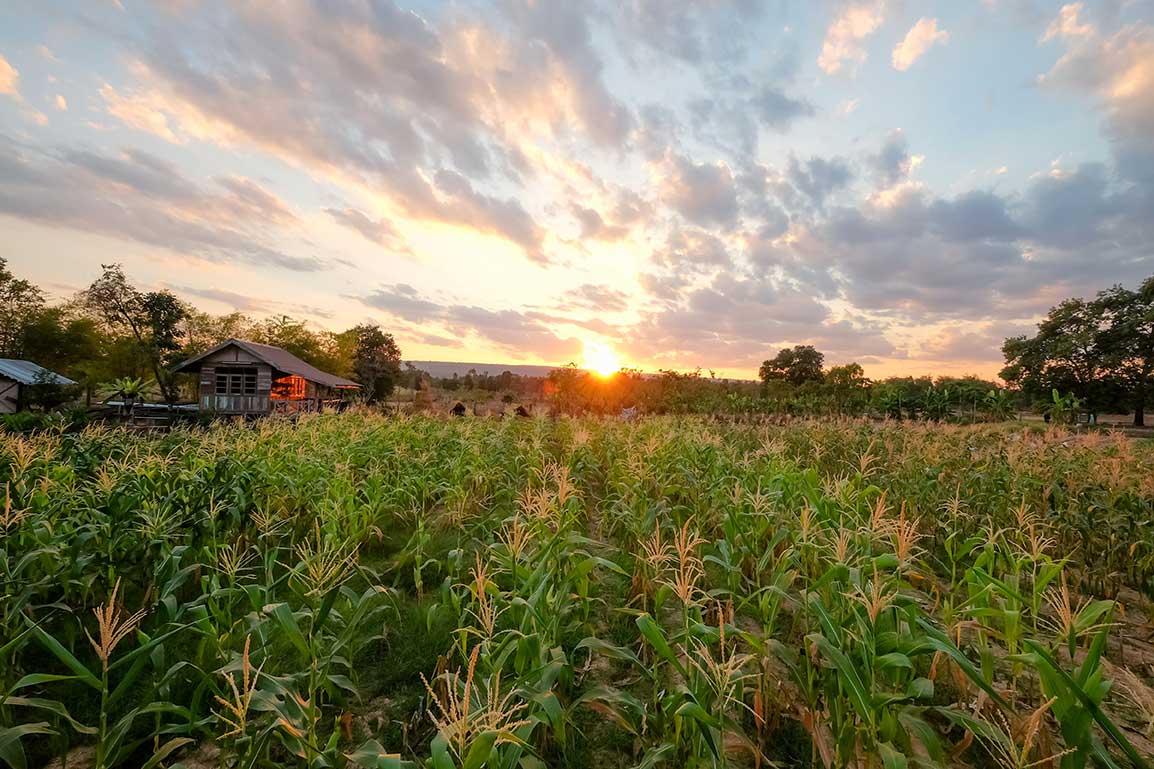UK study calls for education differentiating “organic” and “regenerative” farming, to boost sustainable agriculture

Published: October 11, 2024
Category: Regenerative Agriculture
Farmers are aware of a confusion among consumers regarding “organic” and “regenerative” farming practices—and a subsequent holdup in achieving a larger embrace of sustainable agriculture. A new study from England’s University of Reading argues that clarification of the different types of crop production would better protect the countryside with more organic farms, while also supporting the growers.
As more farmers, scientists, and retailers understand the definition and benefits of regenerative agriculture, they want to enlighten consumers.
“There’s a lot of buzz around regenerative farming, but it’s crucial to understand that ‘organic’ is a legally protected term. This means consumers can trust that organic produce meets specific standards, particularly regarding pesticide and manufactured fertilizer use,” said Dr. Tom Staton, research leader.
Staton added that approaches with clear, enforceable standards should lead the way; “regenerative” is not a regulated term.
So, what is driving adoption of organic agriculture in the UK? Farmers believe it’s “the lack of long-term thinking from shoppers, landowners and policymakers about the benefits of sustainable farming.” The study suggests that buyers shifting priorities from cheap, imported food would lean folks to organic—for which they’d be willing to pay more, if knowledgeable about the benefits to soil health, biodiversity, and sustainability that organic farming offers.
Source: University of Reading
To view source article, visit:
Organic & Non-GMO Insights October 2024




